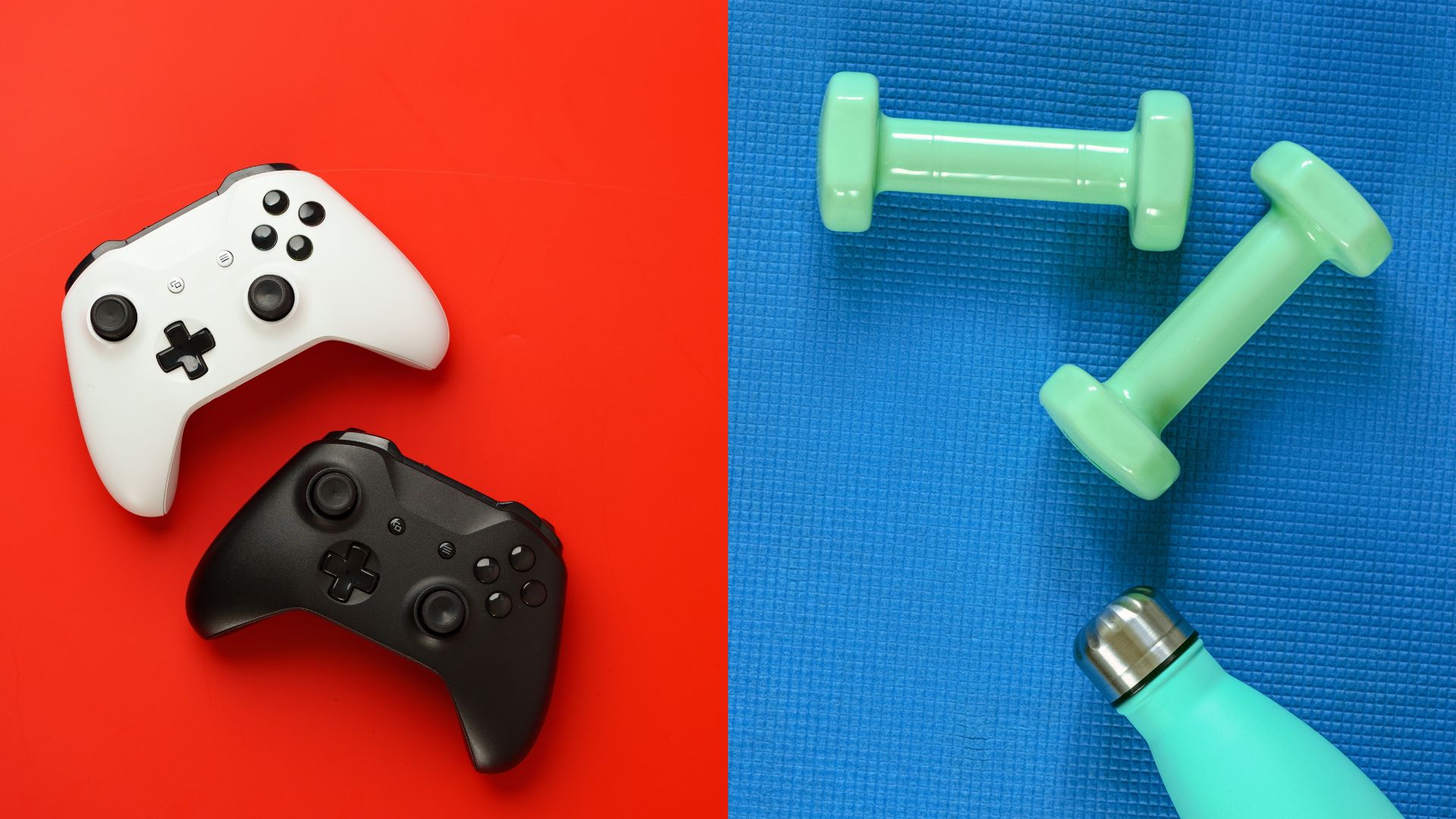For some reason, it’s always so difficult to do the simple things that can improve your daily life. Exercising, eating healthily, sleeping on time, and learning a new skill on the side—these habits are often very hard to start and even harder to maintain daily. Despite their benefits, incorporating these habits into your life can be a struggle.
Changing your daily routine is always challenging, but there are ways to make the process easier. One effective strategy is to change your perspective and frame your habit-building efforts in a more appealing way—like, for example, through video games.
Video games are inherently fun and exciting due to their appealing structure, and there are several reasons why using this concept might help you build habits. Although it may seem like an unusual approach, here are a few reasons why incorporating game-like elements into habit-building might benefit you in the long run:
Provides A Straightforward Structure

Video games are designed to create a satisfying and enjoyable experience for players. One way they achieve this is by offering a clear and easy-to-follow structure. Game mechanics are introduced gradually in the early stages and combined later for more complex actions.
You can incorporate this intentional structure into your habit-building process. Don’t be afraid to start at the beginning. Think of it as your “tutorial level,” where you’re learning the basics. Like a video game, keep your early goals simple and save the more complex tasks for later.
Incorporates Play Into Important Tasks
Video games often feature fantastical stories and worlds far removed from reality. You might become a queen, pirate, astronaut, or anything the game designers can imagine. Games are fun because they immerse you in these imaginative worlds, allowing you to complete various tasks through creativity.
There’s no harm in making important tasks more enjoyable by incorporating some of that whimsy. Imagine impressive or funny scenarios to make the necessary tasks less daunting. Turning your habits into a game-like experience can add a playful element to your routine.
Beating A “Level” Is Satisfying
In a video game, the skills you learn from previous rounds add up, leading you to “level up,” entering a new stage of the game that’s more difficult than before. The rounds are a bit harder this time to test your skills further, and it’s often so satisfying to beat a level that you once thought you couldn’t complete.
A similar thing can happen in habit building, where your continuous growth of habits leads you to a brand new “level,” one that seems difficult at first glance. However, over time as you go through the level, you manage yourself until you’ve reached the end and surprise yourself with what you can accomplish.
Beating a “level” is satisfying in a video game, and it can also be just as satisfying when building good habits.
You Can Track Your Progress
When you reach the end stages of a video game, you can often be surprised to see how far you’ve come since you first started playing. Characters often have traits like experience, progress bars, or levels that determine how strong and skilled your character is at that point in the game, which is a good reminder of how much your character has grown.
Similarly, using progress and experience bars to track how far you’ve come can be a great way to keep yourself motivated. Watching your progress bars for exercising or learning a skill fill up can help you push yourself forward. Like a video game, it’s quite surprising to see just how far you have come.
Can Be A Multiplayer Experience

Many video games are meant to be played solo, but there are also games that offer team options for a different experience. There’s a lot of fun in playing the same game with friends, with all the chatter and memories that can come from that moment.
And that fun experience doesn’t need to be limited to just games; you can also incorporate this multiplayer mindset into your habit-building. Lifting weights or taking dance classes might be more enjoyable if you’ve got a buddy to share it with. Building good habits is already difficult as it is, but it doesn’t need to be a solo adventure all the time.
Building good habits can often be a difficult experience to start and maintain, even though it’s for your own good. But maybe if you employ just a little bit of framing to change your perspective on things, it might end up becoming a habit that you enjoy doing regularly.







